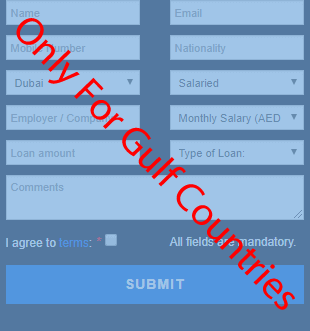Health facilities will be paperless in 7 months
The Dubai Health Authority (DHA) has made medical records available electronically for patients in some of its health facilities.
The system will also be used as a cross-reference for medication and allergy interactions. It will provide real-time alerts, warnings and flags to draw attention to changes in the patient medication or patient condition.
The new system eliminates the need for manual files and ensures that if patients visit multiple DHA health facilities they still have only one unified medical record.
This facility is possible as the first phase of DHA's Salama project went live earlier this month.
In the first phase, Rashid Hospital and five other DHA health centres will provide electronic integration, the second phase will take place in August and the third and final phase of this project will be completed in November 2017 ensuring all DHA health facilities have EMRs and that the authority moves to a paperless system.
Humaid Al Qatami, chairman of the board and director general of the DHA said: "Our smart initiatives are aligned with the Dubai Health Strategy 2016 to 2021 and the Dubai smart government strategy, which aims to transform Dubai into a smart city."
"This project will help provide patients across DHA health facilities with an electronic file and easy access to their health information. The move has numerous benefits: to the patient, the health facility and the overall health sector."
The DHA's IT department has unified about 1.4 million records and more than 12 million transactions have passed through this system.
Now all DHA patient's appointments, radiology, pharmacy, laboratory information system, dental records, information about the patient on biomedical devices such as dialysis machine, ventilator, cardiac machine etc. will all be integrated through the electronic medical record (EMR).
In order to ensure its smooth facilitation, the authority has asked patients who visit DHA facilities to provide their Emirates ID, medical cards and health insurance details for electronic registration.
Amani Al Jassmi, director of Information Technology at the DHA said: "It will help improve patient care and patient safety and it will improve risk management and organisational quality."
"The project will provide healthcare providers across the DHA network with quick access to patient records. Healthcare providers will receive consolidated and integrated patient information, which gives providers a rapid, complete overview of the patient's condition," she said.
"The system helps facilitate automatic cross-referencing of medication and allergy interactions. The system will also provide real-time alerts, warnings, and flags to draw attention to changes in the patient medication or patient condition. Moreover allergy warnings will always be displayed on the screen which directly results in minimising any medication errors."
Al Jassmi added that patients would also be able to access to their medical record through a patient portal.
In addition to the Salama project, the DHA is simultaneously working on the NABIDH (pulse) project, which is a Dubai-wide project to standardise and enable exchanging patient data across all health information systems deployed throughout Dubai.

